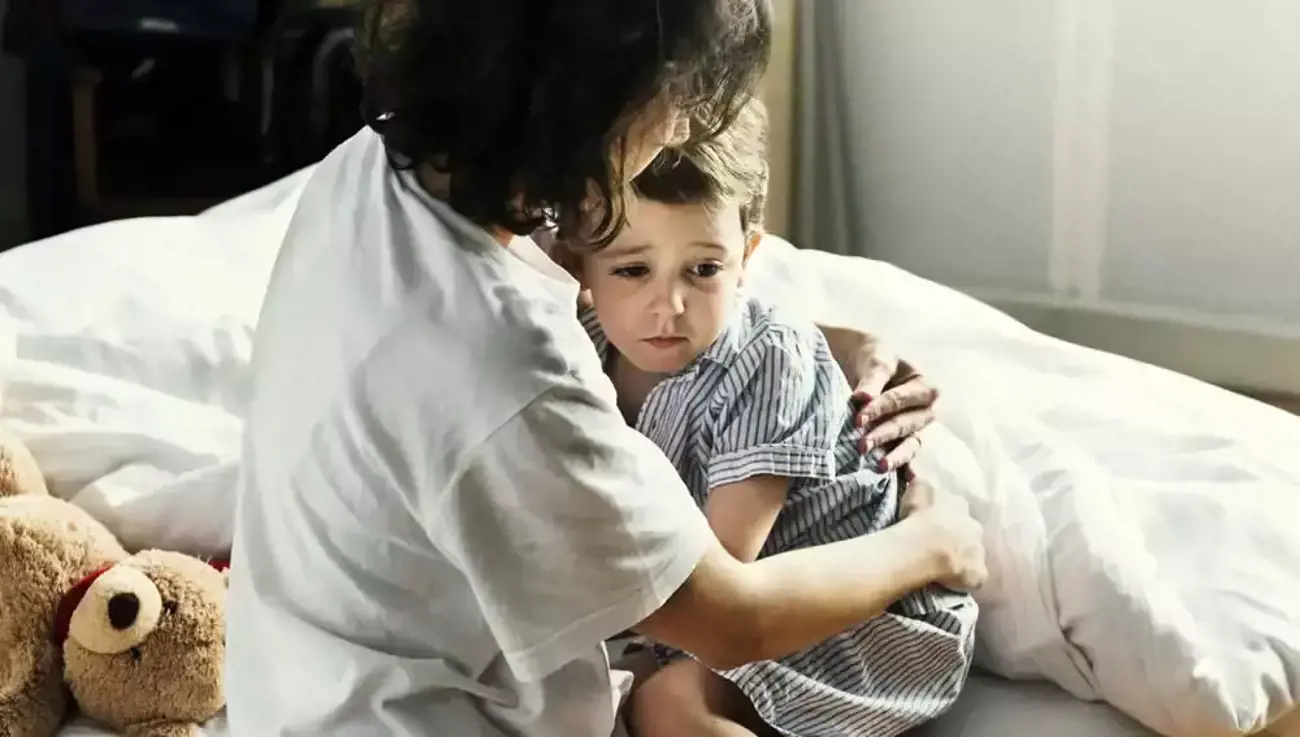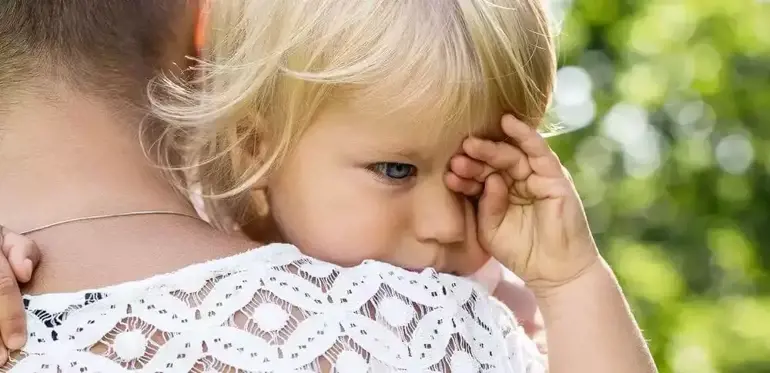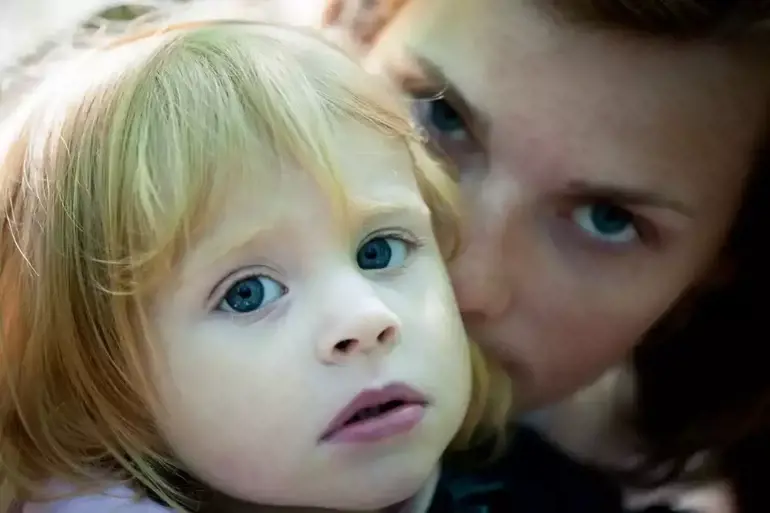Whether they're imagining a monster under the bed or wake in fright in the dead of night, it's very common for young children to be afraid of the dark. 'Night-time' is something they can't control or understand, and the lively imagination of toddlers and preschoolers blurs the line between fantasy and reality.
A fear of the dark may disrupt their sleep and make children feel anxious, but fortunately, parents can help to diminish these feelings and to make lights out less scary, here are some suggestions from the Better Health Channel.
What are positive ways to approach your child's fear of the dark?
Although a night monster is an irrational and imagination-fuelled creature, the feeling it evokes is real for young children. Instead of playing down their fear, it's important that you provide comfort, understanding and sympathy.
To help your child conquer their fear of the dark:
- Communicate openly: Ask your youngster what makes them feel scared and what would make them feel better. Offer suggestions, and if you think the fear stems from another worry, for example a fear of their parents dying or separating, then speak frankly about this concern.
- Respond sensitively: Try to strike a gentle balance between showing that you understand their fear, but don't necessarily share it.
- Provide reassurance: Explain to your child that they are safe and secure, and that monsters don’t really exist.
What are some practical ways to deal with a fear of the dark?
As well as providing emotional support, there are also several things you can do in the day-to-day, or night-to-night, to quell their fear:
- Establish a nice, relaxing bedtime routine: this could mean singing a lullaby, reading a book or stroking their hair – whatever helps your child feel at ease.
- Avoid scary TV or books: world news, dark stories and grown-up movies can all make a young child feel scared, so make sure they only watch and read age-appropriate material. And speaking of books, there are many that deal with overcoming fears, including Orion and the Dark, by Emma Yarlett.
- Invest in a night light: there are beautiful bunnies, toadstools, moons and lots of other glowing plug-ins, or else you can leave a light on outside their room to help your child feel calm and safe. Some children also feel better if they can control the light, so think about a dim lamp on their bedside table that they can switch on if they like.
- See the bedroom from their perspective: because children have such active imaginations, a toy that looks normal in the day, might cast a scary shadow at night. Change things around if they look like they could take on a creepy appearance after dark.
- Show that they're safe: if your child is scared about a real-life intruder, then it can help to show them security measures, like locks. Avoid looking for make-believe monsters, though, as this suggests that they might really exist.
- Get active: there are lots of benefits that come with physical activity, and regular exercise is a great way for children to de-stress and sleep like logs.
- Provide support and praise: a child's fear of the dark probably won't disappear overnight, so encourage them to take little steps in overcoming their fear. This could mean a sticker reward if they stay in bed after their tuck-in or an extra big cuddle in the morning.
What if their fear and anxiety isn't going away?
If your child's fear of the night is really affecting their days, or they seem particularly burdened by anxiety, then professional help is at hand.
Doctors, child health nurses and child psychologists can all provide advice if you're worried, and another option is calling Parentline on 1300 301 300.


































